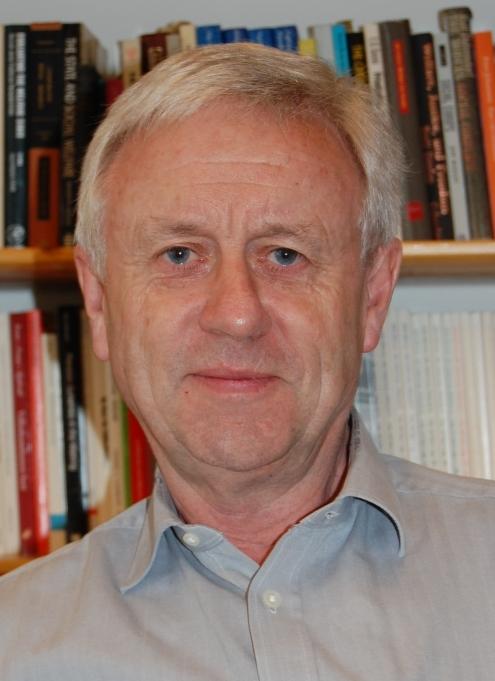Work-life balance: what can China learn from European welfare states?
Professor Stein Kuhnle is the co-editor of a new book on work-life balance in Europe and China. Together with Norwegian and Chinese colleagues he discusses how China can learn from the experiences of European welfare states.

Hovedinnhold
Finding the work-life balance
Finding the right balance between work- and family commitments has long been a challenge for both women and men in post-industrial societies. European welfare states have sought to contribute to it through institutionalized child care and encouraging fathers to participate in care work.
Although it is a developing country, the issue is increasingly affecting China as well. This is in part due to increased female participation in paid work and the traditional family structure coming under pressure due to labor migration.
Norwegian-Chinese research on the topic
Professor Stein Kuhnle of the Department of Comparative Politics, Ngok Kinglun and Yan Xueyong of Sun Yat-sen University discuss in the Chinese-language book ‘Work-life balance: Theoretical Implications and Chinese Reality’ how China can learn from the experiences of European welfare states, both theoretically and practically. While socio-economically, demographically and culturally different, China may draw on insights from European experiences, according to the authors.
The book is based on a 2011 conference at the Sun Yat-sen University (Guangzhou), which received financial support from the University of Bergen (UiB) and the Royal Norwegian Consulate General in Guangzhou. The Uni Rokkan Centre, the Department of Comparative Politics (UiB) and the Department of Sociology (UiB) have supported the publication of the book. Nina Berven and Sevil Sümer of the Uni Rokkan Centre and Anne Hege Strand of the Department of Sociology (Strand is currently with the Fafo Institute) contributed to both the conference and the book. The book is published by Truth & Wisdom Press, Shanghai Century Publishing.
